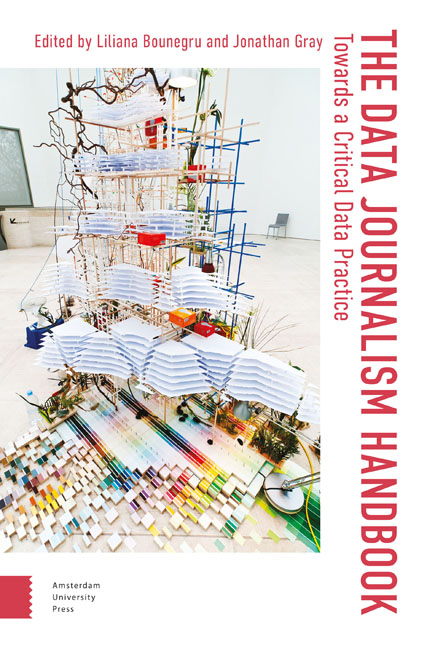32 - Telling Stories With the Social Web
Summary
Abstract
This chapter is a primer into investigating the social web.
Keywords: social media, misinformation, data journalism, data analysis, data visualization, bots
We have become the largest producers of data in history. Almost every click online, each swipe on our tablets and each tap on our smartphone produces a data point in a virtual repository. Facebook generates data on the lives of more than 2 billion people. Twitter records the activities of more than 330 million monthly users. One MIT study found that the average American office worker was producing 5GB of data each day (Tucker, 2013). That was in 2013 and we haven't slowed down. As more and more people conduct their lives online, and as smartphones are penetrating previously unconnected regions around the world, this trove of stories is only becoming larger.
A lot of researchers tend to treat each social media user like they would treat an individual subject—as anecdotes and single points of contact. But to do so with a handful of users and their individual posts is to ignore the potential of hundreds of millions of others and their interactions with one another. There are many stories that could be told from the vast amounts of data produced by social media users and platforms because researchers and journalists are still only starting to acquire the large-scale data-wrangling expertise and analytical techniques needed to tap them.
Recent events have also shown that it is becoming crucial for reporters to gain a better grasp of the social web. The Russian interference with the 2016 US presidential elections and Brexit; the dangerous spread of anti-Muslim hate speech on Facebook in countries in Europe and in Myanmar; and the heavy-handed use of Twitter by global leaders—all these developments show that there's an ever-growing need to gain a competent level of literacy around the usefulness and pitfalls of social media data in aggregate.
How Can Journalists Use Social Media Data?
While there are many different ways in which social media can be helpful in reporting, it may be useful to examine the data we can harvest from social media platforms through two lenses.
- Type
- Chapter
- Information
- The Data Journalism HandbookTowards A Critical Data Practice, pp. 230 - 240Publisher: Amsterdam University PressPrint publication year: 2021



